Major milestone: first of May, The 3D Lab is making a big move to Utrecht University in the Netherlands, and it is doing so following my recent appointment as an assistant professor in the Ecology & Biodiversity-group there. Major milestone, indeed, as this means I have left the realm of temporary postdoc positions, and entered the world of long-term academic security (pending tenure, of course).
I’m very honored to be stepping into the role of ‘assistant professor in ecological scaling,’ a unique title that perfectly aligns with my current and future aspirations. Ecological scaling involves delving into ecological mechanisms at a fine resolution and assessing their validity, robustness, and broader applicability on regional or even global scales. This scaling up of ecology has been at the forefront of my work since my first involvement with the Mountain Invasion Research Network (MIREN), back in the days of my master’s thesis in 2012. Through MIREN, our aim is to delve into the factors driving species redistributions in mountainous regions and understand how these dynamics scale up from specific regional settings to the entire spectrum of mountains worldwide.

Scaling up ecology is also a key component of my work with another project dear to my heart: the SoilTemp network. This initiative aims to extend the understanding of microclimate—a phenomenon inherently local in nature—to broader regional and global contexts. These two networks – SoilTemp and MIREN – will therefore remain core pillars of my future work. With the added security of a long-term position, I am eager to finally stop nibbling and start taking full bites out of my long-term vision to explore the intricate mechanisms governing both microclimate dynamics and species redistributions from local to global scale.
However, I am also eager to push the boundaries further, particularly in unraveling the intricate mechanisms driving biodiversity dynamics. To achieve this, I look forward to collaborating with the exceptional expertise in experimental research within the Ecology & Biodiversity group at Utrecht University. Together, we will tackle the issue of ecological scaling both top-down and bottom-up. A lot of room left for future developments in the area of scaling up experimental findings, for sure. To be continued, so stay tuned for the coming few decades…

‘Ecological scaling’ to me is the perfect blend of theory and practice. It involves a lot of fundamental ecology, yet with the ultimate goal to save the world. I will also make it a crucial point to build that link from theory to practice and work further on the scaling of ecosystem services and ecological management, the way we have for example been working in our citizen science project ‘CurieuzeNeuzen in de Tuin’.

Above all, however, I see this new position as a once-in-a-lifetime opportunity to further expand my role as a mentor. The 3D Lab will continue to evolve into a nurturing environment where aspiring young scientists can learn and thrive as part of a team. While the physical transition to the Netherlands won’t include my team members, our strength in virtual collaboration remains a hallmark of the group. Moreover, I’m committed to leveraging all available resources to enhance opportunities for those working alongside me—a goal that was previously constrained by the uncertainty of my own position.
That mentoring will also expand further as I join the teaching staff for the over 400 biology students in Utrecht. I will take my time – and am extremely grateful for the opportunity – to think critically about what and how we should be teaching the next generation, and if any updates are to be made.

So: are you interested in doing science in the Netherlands, or are eager to forge collaborations on the expansive topics of microclimate, species redistributions, and scaling up ecology, now’s the time to reach out! The opportunities are endless, and I’m excited to explore them together. Let’s embark on this journey of discovery!

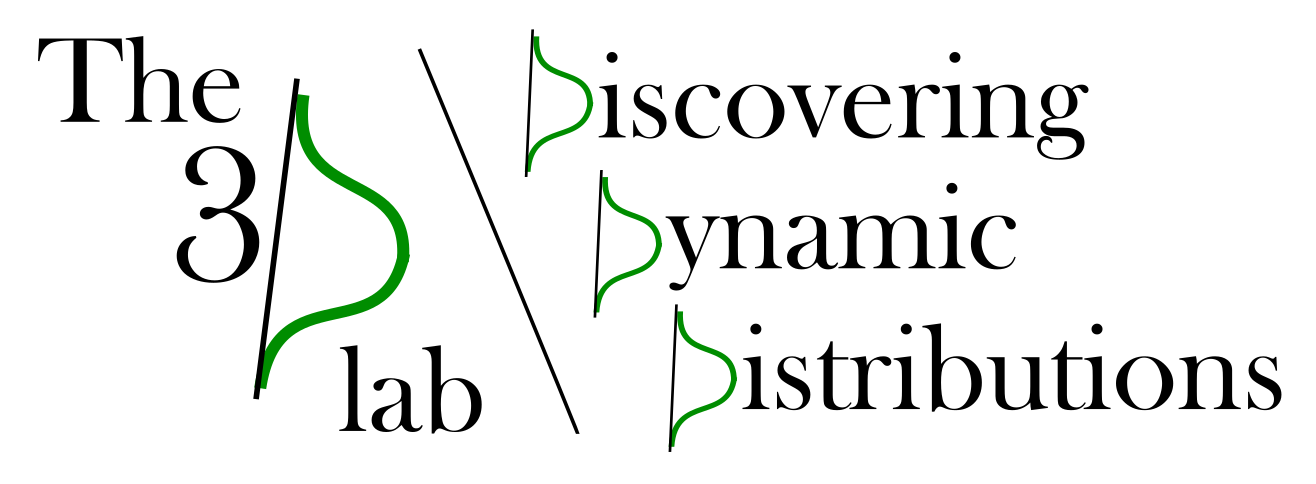

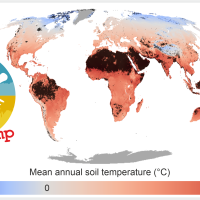

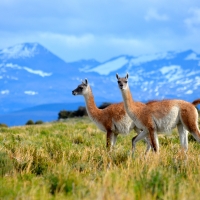
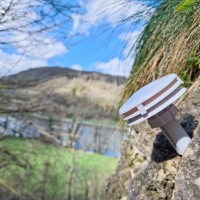

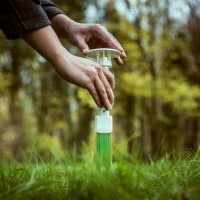

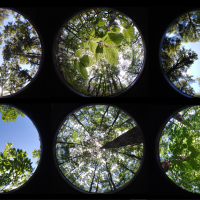



















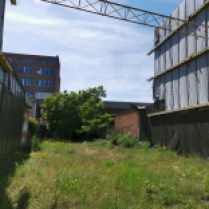
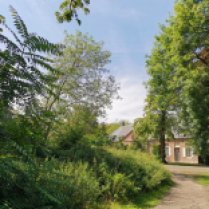







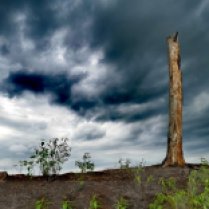




















































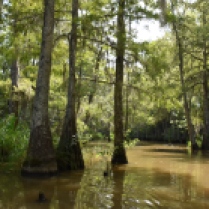























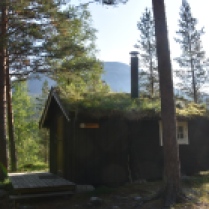







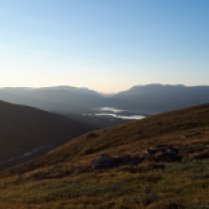



























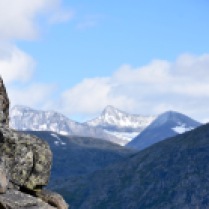








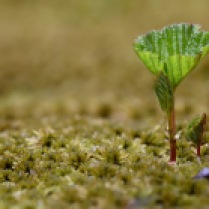






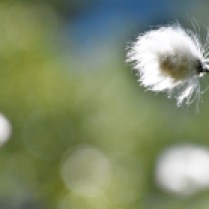



























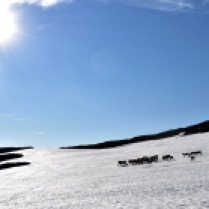







































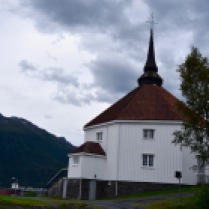






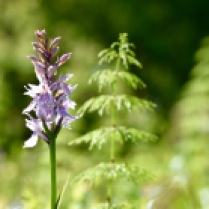











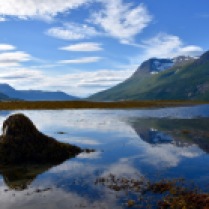












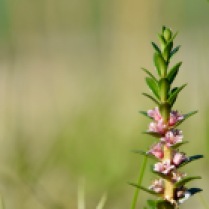





























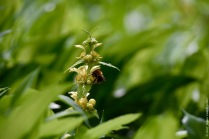





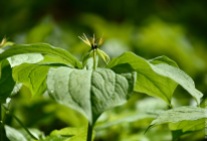











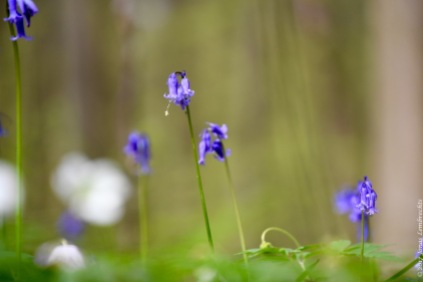









































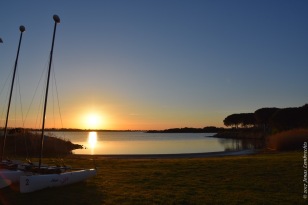













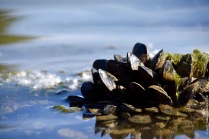

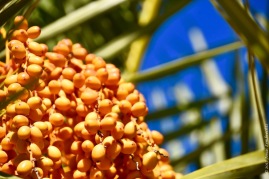








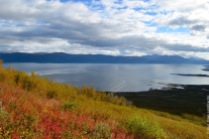





















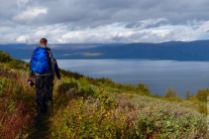




































































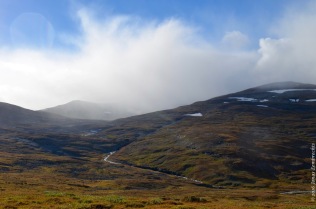









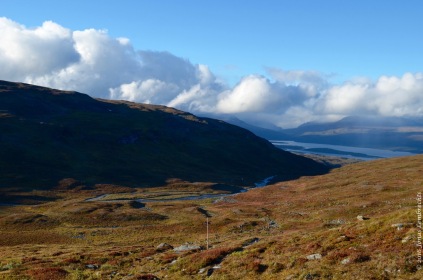


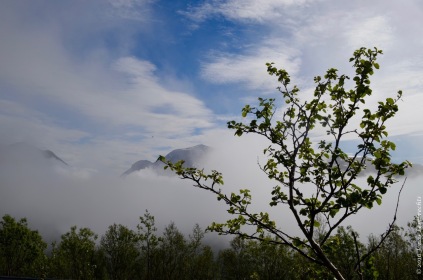







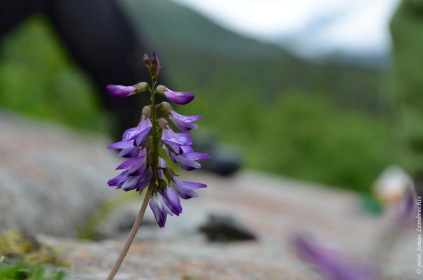


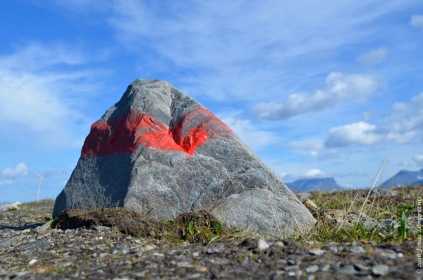










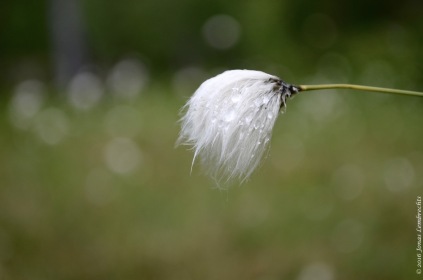














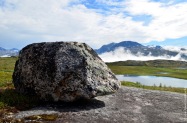




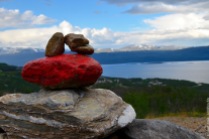


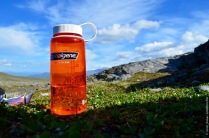













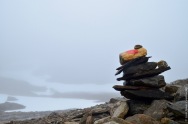

















































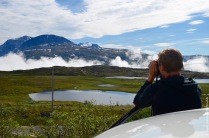

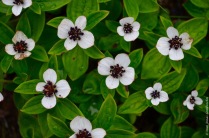
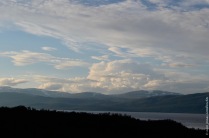





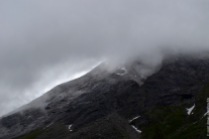












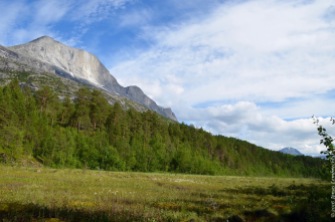






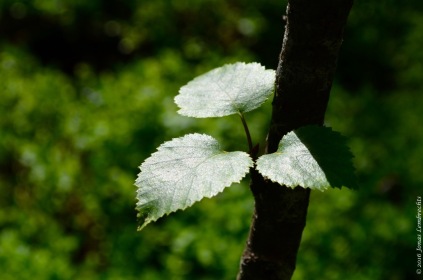





















































































































































































































































































































































































































































































































































Proficiat, Jonas!
Hello
Just reaching out to say congratulations.
We have established a living lab across our campus and botanic garden and will be very happy to align and support your work going forward if this is of interest.
Many kind regards
Kevin
[University of Dundee shield logo]http://uod.ac.uk/sig-home
Kevin Frediani Curator of Botanic Garden & Head of Grounds Estates and Campus Services, University of Dundee +44 (0)1382 381190 | kfrediani001@dundee.ac.ukkfrediani001@dundee.ac.uk [University of Dundee Facebook]http://uod.ac.uk/sig-fb [University of Dundee Twitter] http://uod.ac.uk/sig-tw [University of Dundee LinkedIn] http://uod.ac.uk/sig-li [University of Dundee YouTube] http://uod.ac.uk/sig-yt [University of Dundee Instagram] http://uod.ac.uk/sig-ig [University of Dundee Snapchat] http://uod.ac.uk/sig-sc One of the UK’s top 30 universitieshttp://uod.ac.uk/sig-strapline The Times/Sunday Times Good University Guide 2019 and The Guardian University Guide 2019
Thanks, Kevin! How can I be of service for this initiative from Utrecht University?
Congratulations.